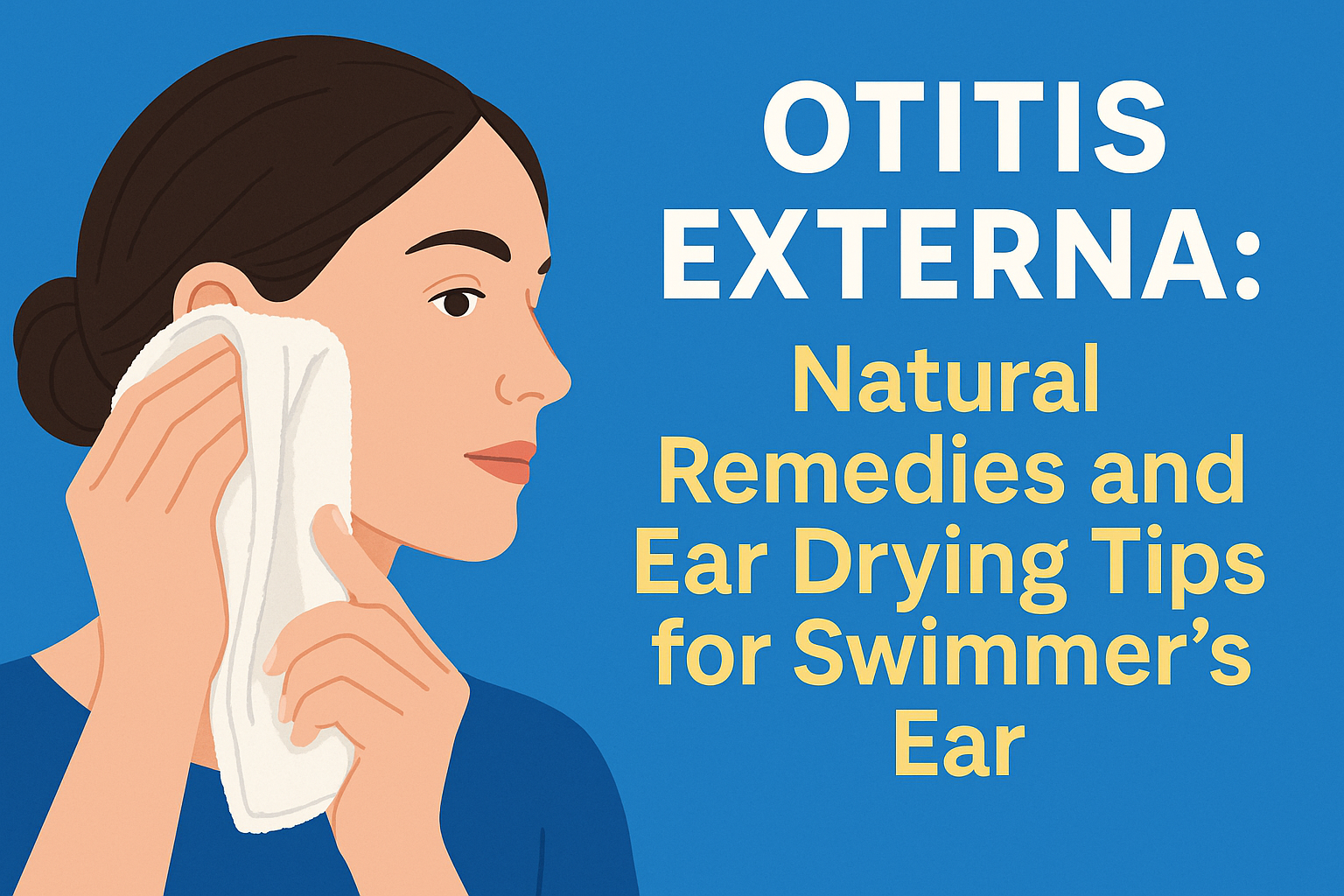
You ever get that weird, scratchy itch deep in your ear after swimming? It might not just be some rogue water stuck in there—it could actually be swimmer’s ear. Yep, that thing where the outer ear canal basically gets irritated or infected. And here’s the kicker: it’s not just a swimming issue. Cleaning your ears a little too enthusiastically? Same result. Let’s talk about swimmer’s ear for a sec—doesn’t matter if you’re actually swimming. Despite the name, this isn’t just something pool junkies deal with. Swimmer’s ear (or if you want to get all medical about it, otitis externa) is basically when your outer ear canal gets inflamed or infected. Sure, dunking your head in water can lead to it, but even everyday stuff like cleaning too much or humid weather can pave the way too. So what actually causes it? And more importantly—how do you stop it before it ruins your week? That’s where we’re going with this.
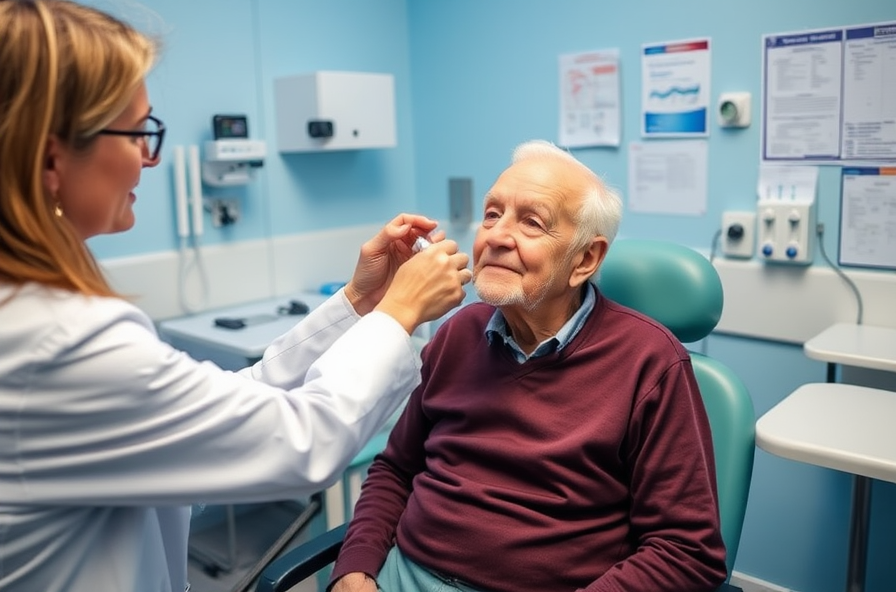
You ever get that weird, scratchy itch deep in your ear after swimming? It might not just be some rogue water stuck in there—it could actually be swimmer’s ear. Yep, that thing where the outer ear canal basically gets irritated or infected. And here’s the kicker: it’s not just a swimming issue. Cleaning your ears a little too enthusiastically? Same result. This article digs into what brings it on, how to spot it before it becomes full-blown misery, and how to deal with it smartly—like using a hair dryer (seriously). We’re talking triggers, symptoms, and hacks to keep your ears happy, whether you’re hitting the pool or just fighting the urge to poke around in there.
Let’s talk about swimmer’s ear for a sec—doesn’t matter if you’re actually swimming. Despite the name, this isn’t just something pool junkies deal with. Swimmer’s ear (or if you want to get all medical about it, otitis externa) is basically when your outer ear canal gets inflamed or infected. Sure, dunking your head in water can lead to it, but even everyday stuff like cleaning too much or humid weather can pave the way too. So what actually causes it? And more importantly—how do you stop it before it ruins your week? That’s where we’re going with this.
Ever had that weird, almost ticklish itch deep in your ear after swimming? Starts subtle, like something’s kind of… off. And then maybe there’s some pressure, a little ache when you press on your ear, and you realize, oh no—this isn’t just water. That creeping discomfort might be swimmer’s ear sneaking up on you. It creeps in quietly, but once it’s there, it demands your attention.
At first, it might just feel like your ear’s a bit blocked, like you can’t quite pop it. Maybe there’s some redness if you peek inside, and things feel—well, not right. But as it ramps up, suddenly brushing your ear or trying to put in headphones makes you wince. That kind of pain? Yeah, not normal. It’s undeniable.
Now here’s what’s going on inside: bacteria or fungi, the kind that love warm, damp spaces (like the inside of your ear after a swim), start multiplying. According to the Cleveland Clinic, those microbes are usually harmless until moisture breaks down the skin barrier in your ear. Which, weirdly enough, can happen even if you haven’t been swimming. You know those moments you go digging with a cotton swab or twist your earphones in a little too deep? That kind of stuff invites trouble.
And if you’re someone with an extra-narrow ear canal, lots of earwax, or skin issues like eczema, the odds are even higher. Basically, once the ear’s inner environment changes and becomes over-moist or gets scratched up, it’s like rolling out the red carpet for an infection. Johns Hopkins actually points out that just having water trapped in there for a while is enough to set things in motion.
It’s one of those things that feels small until it doesn’t. Then, suddenly, it’s your whole day.
Okay, so let’s say swimmer’s ear shows up. What now? Well, if you catch it early, it’s usually pretty easy to deal with. Mild cases often go away with some basic over-the-counter ear drops—that stuff that helps dry out moisture and calm your skin down. There’s even this homemade trick I’ve heard people swear by: a little white vinegar mixed with rubbing alcohol. Weird combo, yeah, but it works. The alcohol dries out your ear, and the vinegar makes things inhospitable for bacteria. One neighbor of mine keeps a little dropper bottle of the mix in her swim bag. Says it’s kind of like magic.
But if it’s gotten past the point of DIY fixes and you’re in ouch-it-hurts-to-smile territory, time to see a doctor. They’ll usually hand you prescription drops—antibiotics, maybe combined with a steroid to reduce swelling. It’s interesting though: pills aren’t the go-to solution unless things have really escalated beyond the ear canal. Most of the time, local treatment does the trick.
Now, let’s talk about steering clear of this mess altogether. Easiest trick ever? Tilt your head sideways after swimming—just let gravity do its thing. A little gentle tug on your earlobe can help too. Nothing dramatic. No yoga pose required. And here’s a hack I picked up from my cousin who lives in the pool half the year: a blow dryer. Seriously. She dries her ears out with one on the lowest setting, held a foot away, just for a few seconds. Says it’s made a world of difference.
And please, if you take one piece of advice—stop poking at your ears with cotton swabs. I know it feels like you’re getting clean but all you’re doing is shoving stuff deeper and possibly scratching your skin. That’s like sending an invitation to every germ around.
Swimmer’s ear sounds scarier than it usually is. Most people get through it in about a week once treatment kicks in. And if you’re careful? With just a few simple habits, you can probably dodge it altogether. A little drying here, some careful listening to your body there—it all adds up.
Here’s the good news: swimmer’s ear rarely sticks around for long. With the right drops and a bit of TLC, most people are back to normal within a week. But honestly, it’s the stuff you do before it gets bad that makes the biggest difference. Paying attention to that first little itch or the water that doesn’t seem to drain — it matters. Ear care probably isn’t at the top of anyone’s list, but trust me, once you’ve had a throbbing ear for three days, you’ll wish it had been. A few small habits can save a lot of aggravation. Totally worth it.
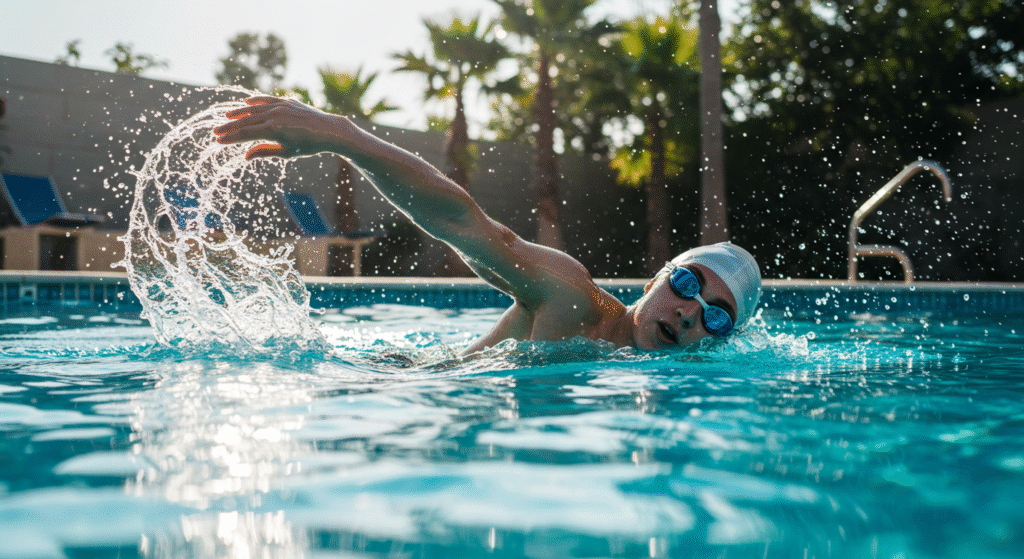
Here’s the good news: swimmer’s ear rarely sticks around for long. With the right drops and a bit of TLC, most people are back to normal within a week. But honestly, it’s the stuff you do before it gets bad that makes the biggest difference. Paying attention to that first little itch or the water that doesn’t seem to drain — it matters. Ear care probably isn’t at the top of anyone’s list, but trust me, once you’ve had a throbbing ear for three days, you’ll wish it had been. A few small habits can save a lot of aggravation. Totally worth it.
Sources
- Swimmer’s Ear (Otitis Externa): Symptoms & Care – Cleveland Clinic
- Swimmer’s Ear (Otitis Externa) Symptoms & Treatments
- Otitis Externa – StatPearls – NCBI Bookshelf
Today’s related searches: how to prevent swimmers ear, best ear drops for swimmers ear, how to treat swimmers ear naturally, how to dry ears after swimming, what causes swimmers ear infection, how to cure swimmers ear, ear infection prevention for swimmers, best earplugs for swimming prevention, how to relieve swimmers ear pain, swimmers ear treatment at home
Each offers exceptional value and is designed to support your health in meaningful ways


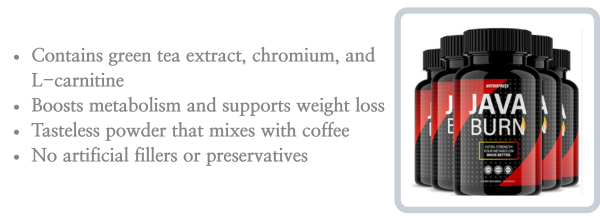
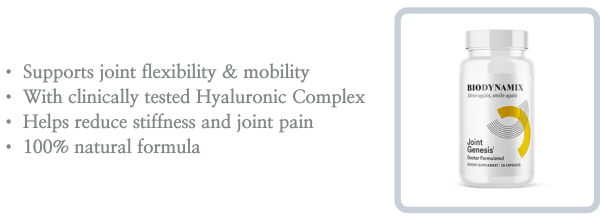

Wishing you a speedy recovery.